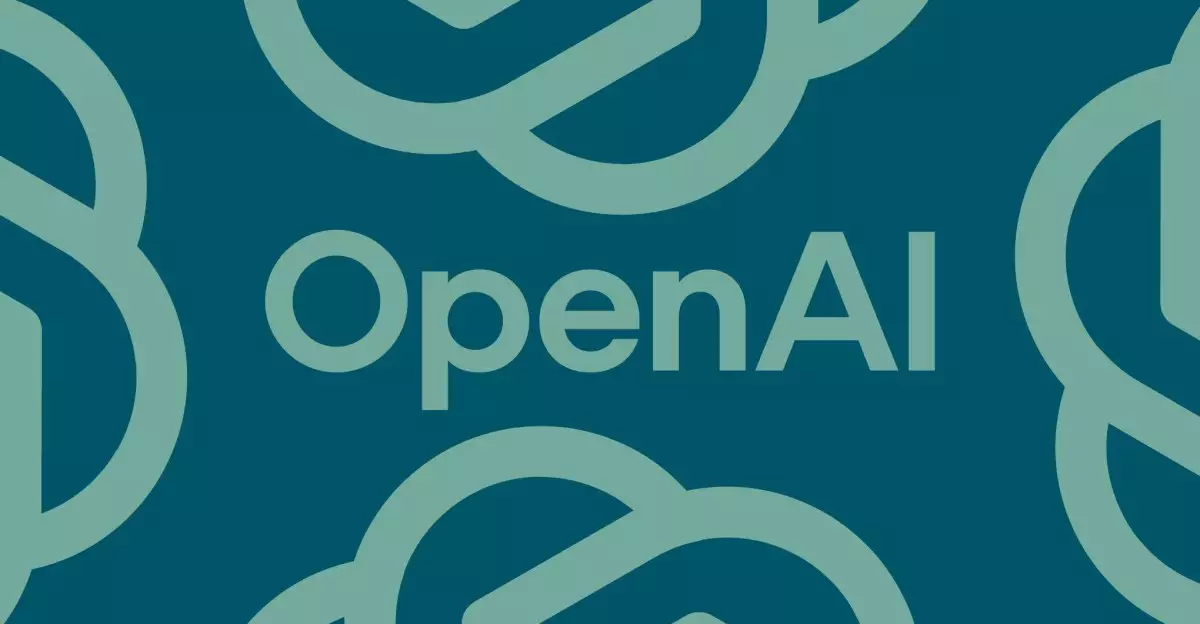The ongoing legal battle between OpenAI and Elon Musk has evolved into one of the most intriguing narratives in the tech world. OpenAI recently filed a countersuit against Musk, positioning him as a disruptive force intent on undermining the organization’s core mission. The accusations levied by OpenAI suggest that Musk’s actions are not merely corporate rivalry but a strategic, almost personal attempt to derail a company that has been at the forefront of artificial intelligence innovation. This situation raises critical questions about the motivations of influential figures in the tech industry and the ethical implications of their actions.
Motivations Behind the Lawsuits
Musk’s involvement in the founding of OpenAI lends a complex layer to the litigation. Initially, his grievances appeared to stem from a philosophical standpoint, asserting that OpenAI has strayed from its altruistic purpose in favor of profit-driven motives. However, the reality seems to indicate a more multifaceted agenda. Musk’s strategy to “return to its mission” is now marred by accusations of bad faith, as OpenAI has characterized his behavior as detrimental to their progress in developing Artificial General Intelligence (AGI) for the betterment of humanity. The characterizations made by both parties serve to illuminate the broader issues at play regarding the commercialization of AI and its societal consequences.
The Public’s Perception
The general public, many of whom admire Musk for his audacious vision across multiple industries, now face a cognitive dissonance as they grapple with the implications of his legal tactics. The notion that a figure celebrated for innovation could engage in maneuvers aimed at hindering another pioneering tech company raises ethical red flags. The situation becomes even more intriguing as experts contemplate how this rivalry may shape the future landscape of AI. The reality is that battles of this nature often have ripple effects, impacting funding, research direction, and, most crucially, public trust in technology.
The Road Ahead: What Lies Beneath?
With trial dates set for spring 2026, the unfolding drama presents an opportunity for analysis beyond the courtroom. Observers are left to ponder the motivations that drive these tech titans. Is it an ideological clash or a mere power struggle? Deeply embedded in this conflict is the philosophical question of who should truly own AI—its creators, investors, or society at large? OpenAI’s bid to curtail Musk’s alleged sabotage reflects a desire to preserve what they believe is an essential mission. In contrast, Musk’s reactive legal maneuvers beg the question of whether he views OpenAI as a threat to his vision or simply another challenge to be overcome.
This case is not just a legal dispute; it is emblematic of how personal interests can intersect with broader societal needs in the technology sphere. The ultimate outcomes could set significant precedents regarding the ethical boundaries of competition while influencing how AI continues to evolve for global benefit. The saga of OpenAI versus Elon Musk will undoubtedly continue to captivate and provoke conversation in both tech circles and the larger public domain.

